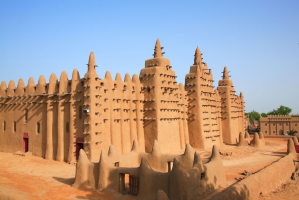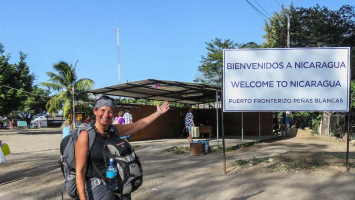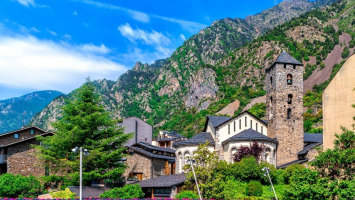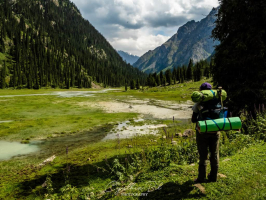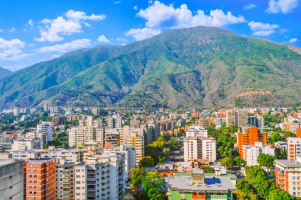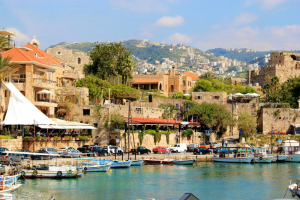Top 7 Things about Ethiopia You Should Know
To be honest, famine, coffee, and injera are usually the first things that come to mind when someone says "Ethiopia," right? Fortunately, a bigger picture is ... read more...emerging now that the 90 million-strong African nation is gearing up for its big reveal.Not all of its issues have been resolved. Droughts, for example, will always be a problem. However, the economy is improving. Food is delicious, honey is turned into wine, history is Biblical in scope (literally), and exciting new discoveries are produced on a regular basis for tourists. Here are seven Things about Ethiopia You Should Know.
-
Going to Ethiopia is like going home, since archaeological investigations are progressively linking this region to human origins between two and three million years ago.
If you plan to fly within Ethiopia, reserving through Ethiopian Airways will save you a lot of money. Ethiopian Airways offers a significant discount on internal flights if you fly in to Ethiopia (around 50 percent off the price). This must stand first in your list of the Things about Ethiopia You Should Know before planning any trip in this country, especially those who travel on a shoestring.

https://chinaafricaproject.com 
https://scnafrica.com -
Consider donning a disguise if you're Harrison Ford. The Raiders of the Lost Ark is not well-known in Ethiopia, since over half of the population is Orthodox Christians. "The ark is in Egypt," one Axum resident explained. It isn't. It's obvious that it's here."
Axum is a historic town whose glory days, which lasted from 400 BC to 400 AD, are still fresh in the minds of Ethiopians today. It's a famous tourist destination because of its ancient stelae and tombs, which may be explored in a day or two. The main location is directly across from the 1950s-built Church of Our Lady Mary of Zion. You are not permitted to enter. Only the caretaker, who lives continuously in the church, has access to the cathedral's lowest chambers, where the ark is claimed to be kept.
If it's there — and doubters point out that the earliest recorded record of it arriving here is in the local 14th-century literature Kebra Nagast — the ark was undoubtedly raided. According to the story, it was seized in Jerusalem in the first millennium BC by Menelek I, the purported son of King Solomon and the Queen of Sheba, and brought to Ethiopia, where it has been held in numerous locations.
The church may only be photographed from the outside, but almost every Ethiopian church has a replica of the ark, draped in blankets.
https://yabancidizi.pro/ 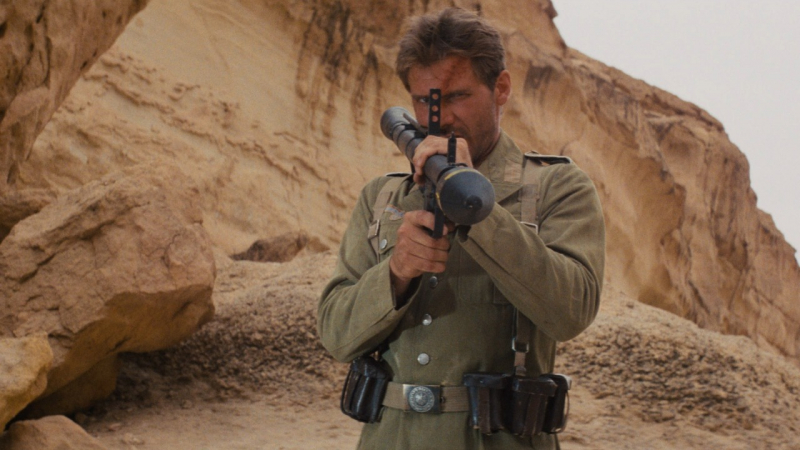
http://www.nowverybad.com -
Speaking of legends, the legend of King Solomon's great gold hoards has spawned a slew of lousy movies and rash explorers. In their fruitless search, most people focus on Ethiopia.
Tahir Shah, for example, recently based an entire book of lighthearted adventure on a chance purchase of an old map in a Jerusalem souvenir shop. In his book In Search of King Solomon's Mines, he describes coming across a salt caravan and learning how gold was once scraped from the ground in slabs.
He didn't realize how remarkably identical the caravan's rock salt bars (called amolés) have been cut since the Old Testament. These slabs have long been used as currency (most recently in the 1960s). They're still being cut in the Danakil Depression, where you may buy one for 4 birr (about $0.20 USD). Shah was on the lookout for gold. He should've gone with the salt.
You may explore these historic salt plains that stretch like white crusty oceans to the horizon, whether or not they are Solomon's "mines." They're in the Danakil Depression of the Afar region's Dallol.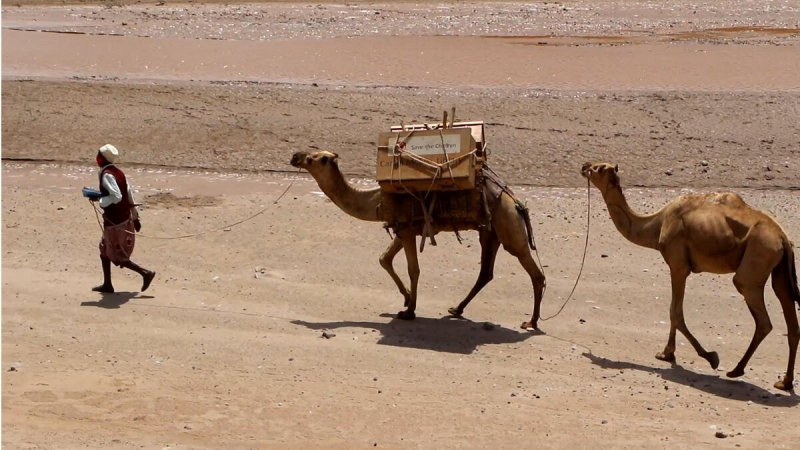
https://www.globalcitizen.org/ 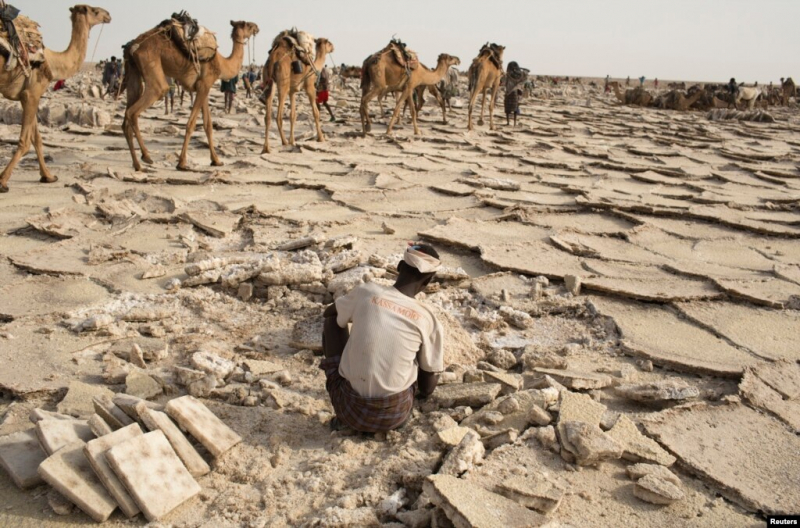
http://www.voanews.com/ -
Harar, a UNESCO World Heritage site 371 kilometers (231 miles) east of Addis Ababa, is a medieval town with dozens of mosques and hundreds of lanes to get lost in. However, be cautious. It is known as the "Hyena Capital of the World." Hyenas can even enter town through an unique hyena gate. Locals think that if they are fed every night, they will keep away from children. They have done so.
A museum in town is dedicated to the unfortunate French artist Arthur Rimbaud, who resided in "loving Harar" in the late 19th century, and Marcus Baynes-new Rock's book Among the Bone Eaters chronicles his experiences connecting with the hyenas here.
Visits to the salt caravans at Dallol can be arranged from Mekele, Addis Ababa, or Axum. Ask lots of questions about safety and supplies before you go, make sure you have plenty of water, and bring your own first-aid kit and torchlights.

http://onestep4ward.com 
https://africageographic.com -
When you wonder which transportation should you use when you set your foot on the landmass of Ethiopia, you have various option to try. Yet, when it comes to travelling Across Country, bus is not a bad idea. Buses that run between large cities are safe, inexpensive, and comfortable. For a seven-hour ride, prices range from ten to twenty bucks. Reconditioned German buses, such as Selam Bus, and brand new Chinese buses, such as Sky Bus, are available to make your journey more comfortable.
Be careful that the restrooms on the buses are not always functional, so you may find yourself doing your business in a beautiful forest sometime along the journey. They also provide refreshments, snacks, air conditioning, and entertainment via television displays.
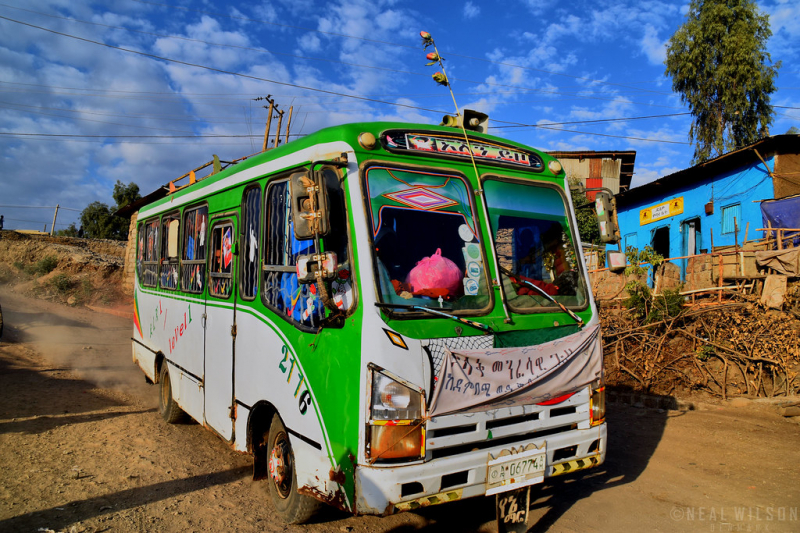
https://www.flickr.com 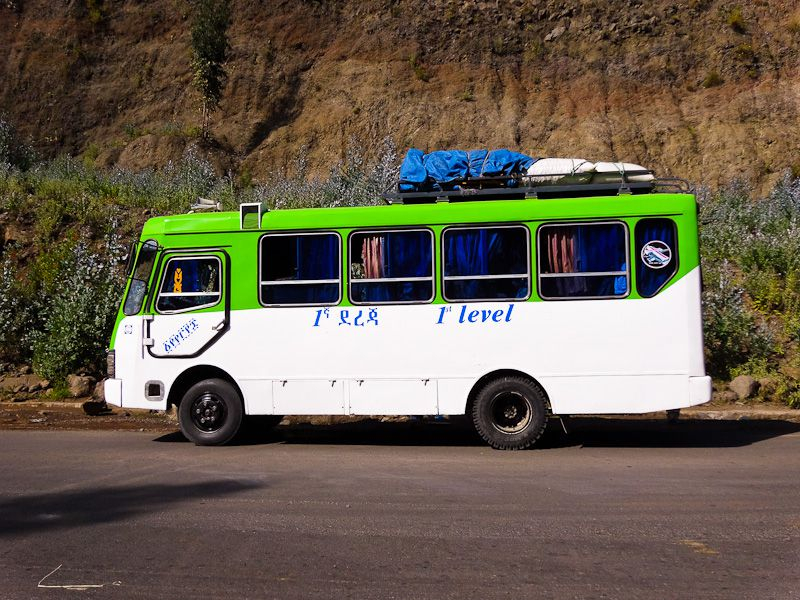
https://www.happinessplunge.com/ -
Another worth-mentioning thing when it comes to Things about Ethiopia You Should Know is that you should take Contract Taxis as an Option. When you don't want to bother with parking or traffic, contract taxis are a fantastic option. You should constantly haggle with the driver because the first price he gives you is almost never his final price. When dealing with contract taxis, the best strategy is to choose one that is trustworthy and friendly, and get his phone number.
With a regular, you can have him pick you up at any time and from any location (as long as you are good with your tips). This could come in handy on one of those late-night adventures when cabs try to take advantage of your predicament by charging exorbitant fees.
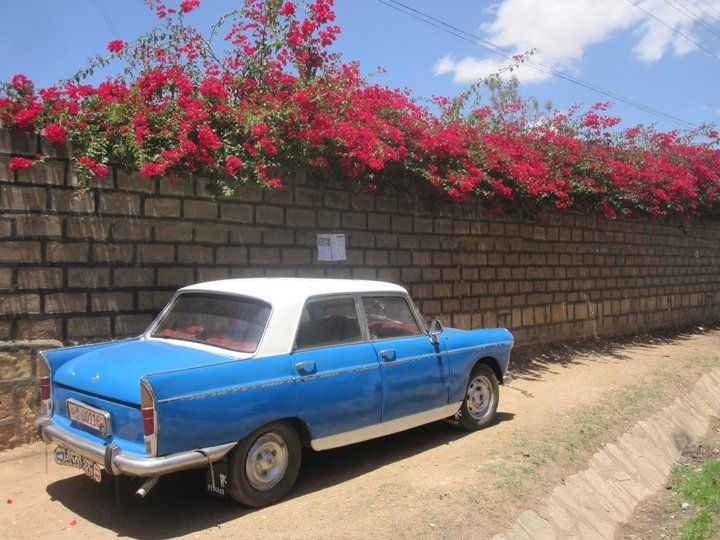
https://www.pinterest.com/ 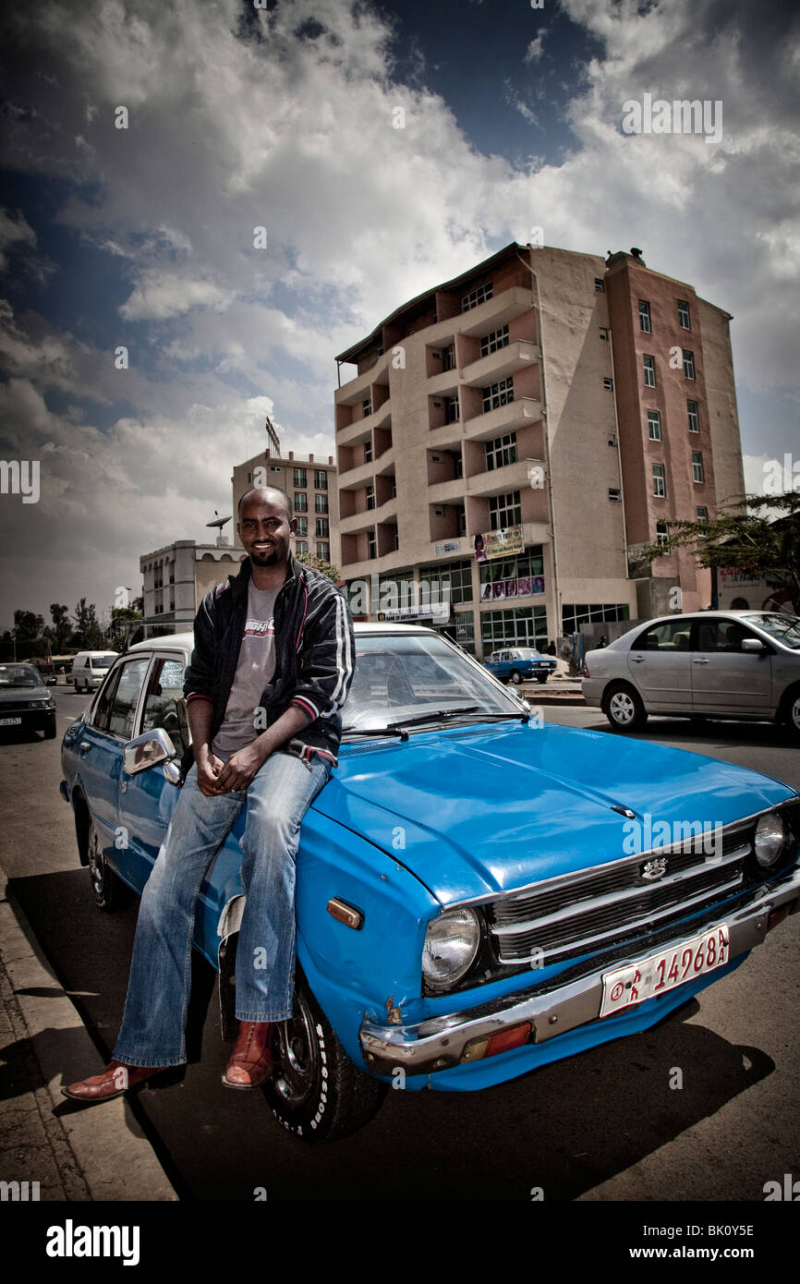
https://www.alamy.com/ -
"Korokonch" or Potholed Roads from Hell are common in Ethiopia, you should prepare everything well before making any decision to this country. This is definitely worth a place on the list of the Things about Ethiopia You Should Know. The road network and quality have improved dramatically in recent years, owing largely to Chinese engagement in numerous projects. Expect your nice new shoes to get a little dirty and scuffed due to the thriving economy and construction sites all throughout the city.
Furthermore, most residential roads away from major highways have yet to be constructed, so visiting a buddy who lives off the usual route could be an experience. It's a good idea to buy some tough shoes and keep them on hand.
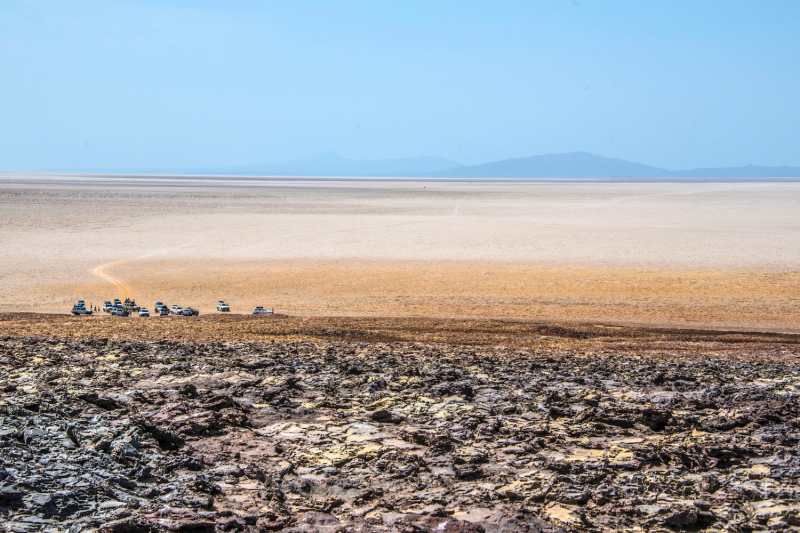
https://leaveyourdailyhell.com/ 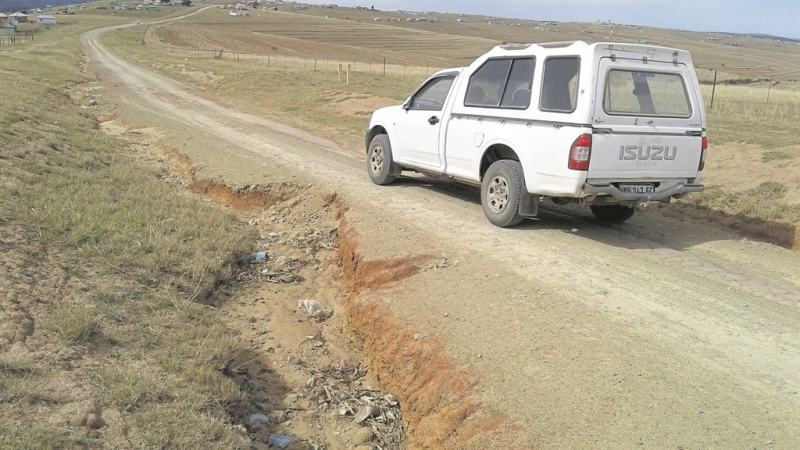
https://www.dailysun.co.za/















